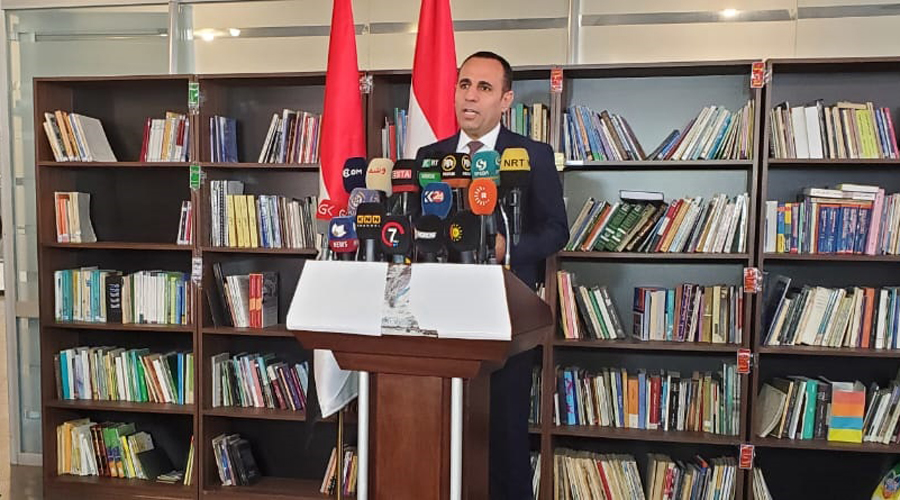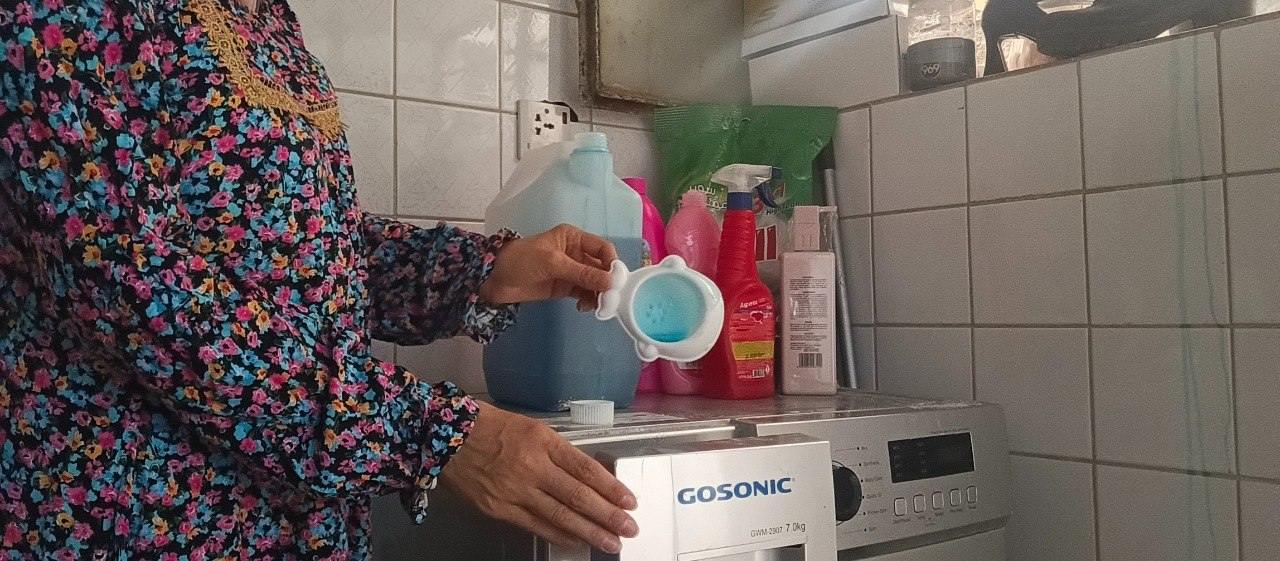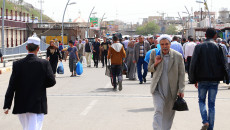Officials of the Kirkuk offices of the Kurdistan Regional Government KRG have called for the consolidation of the offices in one building, they believe it will be a step to facilitate the work of the offices and solve the affairs of citizens.
The request came during a meeting with Fahmi Burhan, chairman of the General Board of Kurdish Territories Outside the KRG , who visited Kirkuk on December 7th and met with the heads of the KRG offices in Kirkuk.
Located 238 kilometers north of Baghdad, the oil-rich city of Kirkuk is a multi ethnic province for 1.7 million Kurds, Arabs, and Turkmens, Muslims, Christians and Kaka'is. It has long been at the center of disputes between Baghdad and Erbil as part of the disputed territories.
The disputed territories extend from Khanaqin, on the border with Iran, in DIyala province to Kirkuk up to Shingal (Sinjar), home to the Ezidi community, in Mosul, in the far west, on Iraq-Syria borders.
Most of the disputed territories were under control of the Kurdish Peshmerga forces loyal to the Kurdish political parties up to October 2017, when the Iraqi Security Forces ISF took over control of these territories following the defeat of ISIS.
In addition to the Kirkuk office of the Kurdistan Parliament, the Kurdistan Regional Government has 13 offices in Kirkuk and their employees are paid by the KRG Ministry of Finance. For example, the Ministry of Education alone has at least 8,000 employees in the disputed areas.
Saifeddin Sabir, a representative of the public libraries of Kirkuk province, funded by the KRG, was one of the participants in the meeting. He believes the first step is to build a compound to gather all the offices of the KRG in Kirkuk.
The meeting also called for more coordination between the KRG and its departments in Kirkuk to sort out a roadmap to solve their problems.
"For example, we are deprived of the (financial) rights and privileges that the central government employees have, we are not covered by any rights and privileges of the central government and we are told that you belong to the Kurdistan Regional Government,” Sabir added.
The civil servants of the federal government are covered by all the loans and allownces announced annually by the state banks and the Ministry of Finance, excluding the employees of the KRG.

"We have a piece of land, we asked the Kurdistan Regional Government to allocate a special budget for us and make us a building to further serve the cultural movement and the culture of reading in the city," he said.
"The head of the committee promised to work to convey our problems to the Council of Ministers and resolve all obstacles."
Currently, the Iraqi army, local and federal police, Brigade 61 of Special Forces along with Shiite paramilitary of Popular Mobilization Forces PMF, are under Kirkuk joint operations’ command, an umbrella for the security forces running the security of Kirkuk province.
"They told me all the problems and my job is to convey them to the Prime Minister's Office. We received all the criticisms and comments," Burhan told a news conference after the meeting. "The Kurdistan Regional Government must solve them administratively."
We have received all the criticisms and comments and the Kurdistan Regional Government must resolve them administratively
"We must stop slogans for Kirkuk and take action to serve it, both to develop the city, and to achieve constitutional rights that are clearly mentioned in the constitution, and we will work to strengthen and expand the legal and constitutional position of our nation,” Burhan added.
According to the Iraqi constitution approved by the majority of voters in Iraq, the fate of the disputed territories must be resolved according to a three-stage roadmap, starting with normalization and then the census, to be followed by a local elections or referendum about its destiny to be part of Baghdad or Erbil, according to Article 140 that set the end of 2007 as a deadline for implementing these stages.
"Article 140 is constitutional and everyone must try to implement its provisions as they are," Burhan said.






